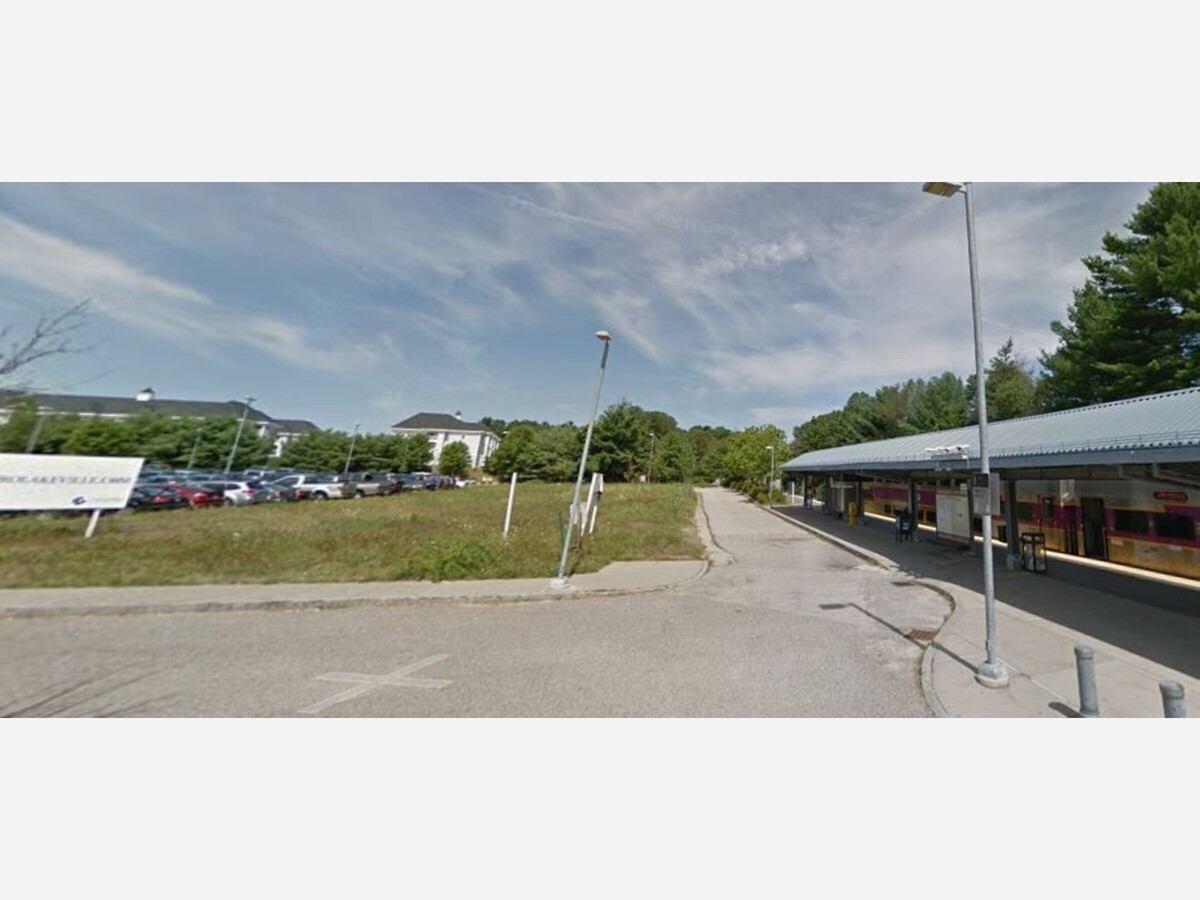Image


Above, Middleboro's MBTA station, originally aimed at keeping cars off the road, is now being used to reshape town character, opponents argue.
An economic development law that former Gov. Charlie Baker signed in January 2021 requires that every MBTA community have at least one zoning district near a transit station in which multi-family housing is allowed as of right. The goal was to increasing housing units near transit hubs. There are 175 cities and towns that have to comply with the legal requirements. Franklin is one of them, and is about to make its compliance formal having given into the massive pressure from the state and local advocates for more housing density.
But as of Friday afternoon, four municipalities still have not 'signed on the dotted line' and one looks determined to make a loud last stand for their municipal independence.
Berkley, Holden, Marshfield and Middleborough have missed a Jan. 31 deadline to submit action plans for the new zoning, according to the governor's office.
Middleborough, specifically, has been most vocal and, unsurprisingly, has already come under fire from Lawyers for Civil Rights, which sent a letter to the town's select board alleging that the town is perpetuating the state's affordable housing crisis and racial segregation in greater Boston by voting to actively not comply with the state law.
Under the law, Middleborough would have to add 1,471 units around its commuter rail station, which is not anywhere near the center of town. According to Middleborough Town Planner Leeann Bradley, as of the 2020 census, the town had 9,808 total housing units.
Bradley told the select board at a December meeting, during which the board voted to not comply with the mandate, that a survey of Middleborough residents showed they "do not want large multi-family complexes."
"For a small town, which we are still, a small and rural community designated by the state ... What's wrong with that? That's what Middleborough is and what Middleborough wants to be," Bradley said.
By not complying with the state mandate the town may not be eligible for state-run grant programs MassWorks, the Housing Choice Initiative and the Local Capital Projects Fund.
On GBH's "Basic Black" on Friday night, Campbell said her office is preparing to send out an advisory to the four towns still out of compliance with the mandate.
"We're actually actively now working on an advisory, which I hope to have out soon, which will make it clear not only what the responsibility of a municipality is to adhere to that, but also if you do not adhere to this, how might this violate fair housing laws?" Campbell said to host Callie Crossley.
Campbell added that compliance also ties into the work of her office's Civil Rights Division, alluding to the "spirit" of the law, which was intended to help lower and middle-income people find housing.
When Crossley asked Campbell, "But you could sue them?"
"We could do a whole bunch of things, that's exactly right," Campbell responded.
"I think the advisory to start is a good thing because the AG's office has not issued anything just yet. And when that happens, usually you get people to act swiftly," she said. "And then if folks do not comply, use every tool in your toolbox to make them do so."
In Massachusetts the median price to buy a home is over $500,000, Campbell said.
"The wish of the people is not just to pass laws, it's to implement them and to enforce them with a sense of urgency, the same urgency that was used to pass this critical law which will create more housing for folks," she said. "Clearly, every single municipality is going to have to play a role in addressing this crisis so more families stay here and don't leave Massachusetts."
But in Middleborough, Planning Board member Tracie Craig-McGee said in the December meeting that the town's vote is not just noncompliance, but a message to the state.
"If enough communities stand up and say 'We're not going to do this. This is not a good idea for our community,' then perhaps the Legislature will go back and they'll rework the whole thing to make it a little more palatable," Craig-McGee said. "The state's telling us how to develop our town, to ignore the wishes of our people and just do what they say to do, because they know Middleborough better. And I don't think that's true. I think that the people that are elected to govern Middleborough and to plan for it might know a little bit more than the legislators in Boston."
When asked about her administration's approach to the municipalities that oppose or resist the zoning reform law, Gov. Maura Healey said earlier this week that her team will deploy "carrots and sticks" and try to build understanding about the necessity of new development.
"Opting out is not an option," she said.